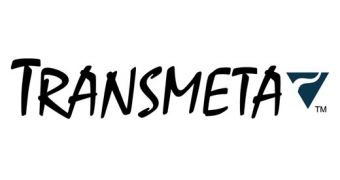Chip designer Transmeta has had quite a bad year and the third quarter revenue reached a faint $44,000, which simply drove its shareholders mad. Poor performance on the market and its faulty management lead to a catastrophic series of events that will finally render the company to bankruptcy.
Riley Investment Management, one of its investors, made the company a buyout offer that will set it back to profitability. Transmeta announced that it has hired Piper Jaffray to weigh the financial situation. Riley Investment Management made a cash offer of $15.50 per share, after the company warned Transmeta last December to change its board of directors.
"Transmeta's board is focused on enhancing shareholder value," Les Crudele, Transmeta chief executive, said. "As part of that mission, we have been engaged in a process to expand our advisory resources and we are pleased to have Piper Jaffray & Co. join our team."
Riley Investment holds a 6.6 percent stake in Transmeta, and required the chip manufacturer to weigh the situation until today. Transmeta assured Riley that it will comply to its request. Riley's offer not only that is alleged to save the company from dissolution, but it also added a plus of stability on the stock market. Transmeta's shares raised 3 percent to $13.94 the very day Riley's bid was announced. However, as time passes by, Transmeta is yet again starting to lose in shares until yesterday's $13.89 per unit.
The company enjoyed increased revenue last October, after having settled a patent infringement process with Intel for $250 million. The announcement bumped yet again the company's shares to $13.93 per unit, a significant growth from the previous $4.18.
Transmeta has been founded in 1995, but lost the competition with Intel on the low-power processor market. The company started to sink and posted increasingly high yearly losses that ultimately forced it to change its main objectives and transformed Transmeta from a chip manufacturer into a supplier of intellectual property (IP).

 14 DAY TRIAL //
14 DAY TRIAL //